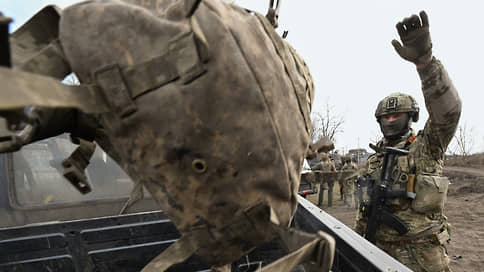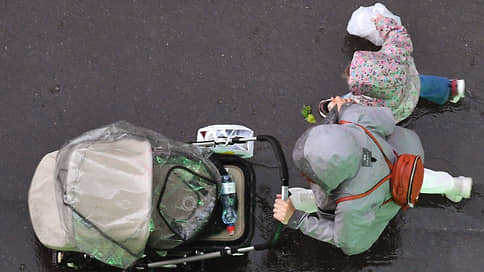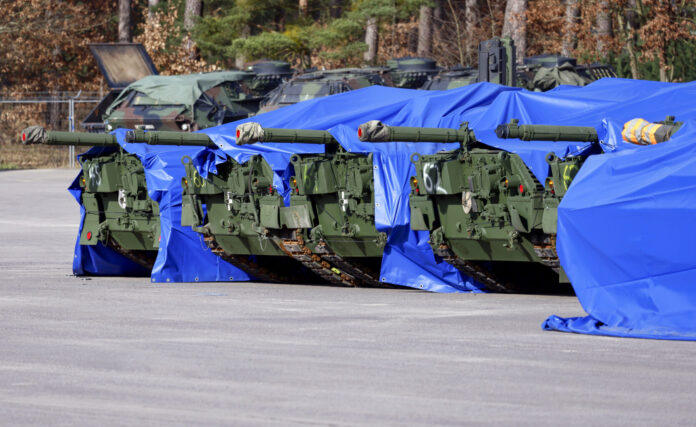The Ministry of Finance proposes to license to use tobacco and vapes

The Ministry of Finance issued draft documents that introduce duties for receiving licenses for the sale of tobacco and criminal liability for trade without a license. The introduction of duties and punishment was required due to the government’s plans to introduce a new regulation of the tobacco market since March 2026. The share of counterfeit reaches 10–65% in different types of products, which is why the budget loses up to 150 billion rubles. per year. The interlocutors of Kommersant in the market, however, say that the proposed change in the rules may not lead to reduction, but to an increase in the share of counterfeit, and hope to mitigate the norms.
The Ministry of Finance published on Regulation.gov.ru A package of documents for tightening the rules for trading tobacco and nicotine -containing products. The first document introduces from March 1, 2026 the licensing of wholesale, retail and rebellious trade tobacco and its substitutes, including wards and hookahs. Amendments are made to the law “On state regulation of production and turnover of tobacco products” (203-ФЗ). The process will be phased: until September 1, 2026, entrepreneurs can receive licenses – in compliance with the requirements for registration in the state traffic police of goods, payment of state duty and the absence of tax debt. Rosalcoletabakcontrol will issue licenses for wholesale trading, and regional state bodies for retail and delivery. From September 1, 2026, a licensed tobacco sale will be prohibited, but a year will operate a transition period for bringing trading facilities into compliance with licensing requirements.
The Ministry of Finance also proposes to adjust the tax and criminal legislation, having established the size of state fees for the receipt and extension of licenses and the measures of responsibility for non -compliance with the requirements.
For wholesale trade, the duty is designed at 800 thousand rubles. for five years and 3.5 thousand rubles. For extension of the license, for retail and truly – 20 thousand rubles each. For each year of the license. Criminal liability is introduced for non -compliance with the requirements – as in the alcohol market, where it gave the effect, the authors note.
Ideas for tightening the regulation of the tobacco market have been discussed at least from the summer of 2024: illegal income overlaps fines (see “Kommersant” from February 18 And April 16). In April 2024, the head of the Ministry of Finance Anton Siluanov estimated the volume of additional revenues to the budget when “mobilizing control measures” for a tobacco market of 150 billion rubles. In total, according to the results of 2024, excise taxes only on domestic tobacco products, according to the Accounts Chamber, brought the budget 826.7 billion rubles. (14.1% more than in 2023).
The authors of the project on the amount of duties provide data from ANO NNSC: by the fourth quarter of 2024, the share of illegal cigarettes was 10.8%, the share of illegal turnover of fluids for waits is 65.8%. The first vice-president of the Anti-Contrafict Association Baysolt Hamzatov says that the share of counterfeit in the tobacco market in 2024 amounted to 11%, declining by 4.6 percentage points in five years. This was achieved by introducing the marking “honest sign”, increasing control, digital excise taxes, increasing fines and other things. Licensing of tobacco retail, according to the expert, in itself cannot guarantee that the trading facility will stop selling a counterfeit. “It is necessary to create an effective system for monitoring compliance with licensing requirements and ensure the inevitability of punishment for violations,” says Mr. Khamzatov.
According to the Kommersant’s source in the industry, after the transfer of tobacco regulation to Rosalcoletabakcontrol, the department tries to replicate the control system that is used for the alcohol market. But this can lead to the opposite effect. “After all, the level of illegal turnover of strong alcohol, in particular vodka, is significantly higher than tobacco. In addition, part of the excise taxes from alcohol receive regional budgets, not federal, therefore, about an additional 150 billion rubles. There is no need to talk, ”the Kommersant source notes.
The interlocutor of Kommersant in the tobacco market says that negotiations are ongoing: the industry has hopes that regulation will be softened. Now the norms, according to him, are sensitive to the market: they may not lead to reduction, but to an increase in the share of counterfeit.
“Due to the impossibility or unwillingness of obtaining a license, small merchants may be forced to refuse to do business, and illegal sellers will come to their places,” the expert argues. The source “Kommersant” proceeds from the fact that the demand for cigarettes is inelastic and will remain the same even with a reduction in the number of retail objects. Simpleestate CEO Nikita Kornienko explains that tobacco shops, as a rule, occupy small areas – 3-10 square meters. m. Demand for their products is provided by a large number of smokers: the goods remain highly margin, the points earn well, and the cost of a license of 20 thousand rubles. It is insignificant for them.
The Kommersant source on the FMCG market recalls that the main part of the regulation is introduced at the federal level and the only recipient of tobacco excise taxes is the federal budget. When transferring powers to licensing the regional authorities, the uniformity of approaches is destroyed: there is no incentive for balancing the interests of regulatory bodies and small businesses, regions can introduce any criteria for area or location of points. “This can lead to a painful result for business, regional and federal budgets: a significant number of legal outlets in hard -to -reach and deleted settlements, non -sethev“ house shops ”in large cities, small stalls in shopping centers will close. Up to 40% of all trading facilities, more than 100 thousand small entrepreneurs, ”says Kommersant’s interlocutor. Consumers will not go anywhere, and most of them will switch to the purchase “from under the floor”. “This will lead to a loss of tens of billions of rubles from the federal budget, as well as to the growth of the illegal market, which began to decline only for the last two years,” the source states.




/s3/static.nrc.nl/wp-content/uploads/2025/05/11122755/web-1205CUL_eurovisie-zaal.jpg)


